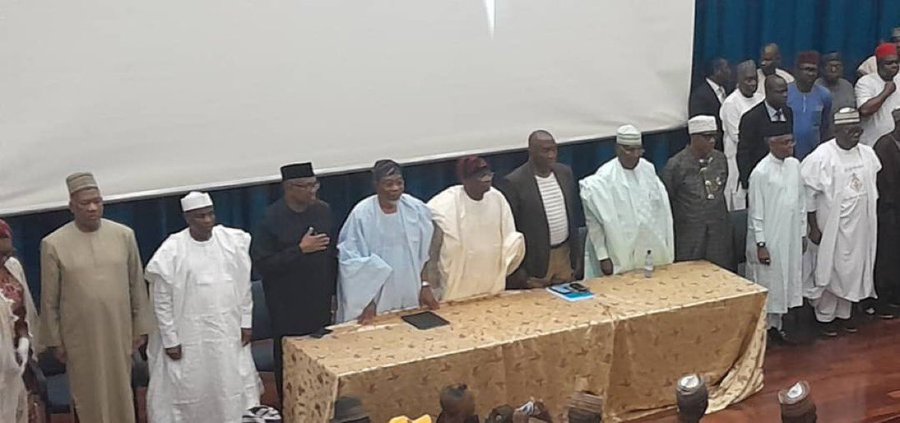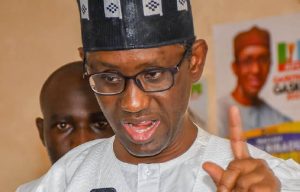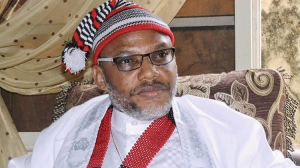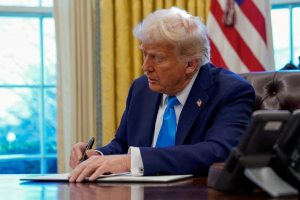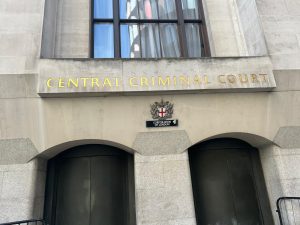Abuja, 7 July 2025 – Three members of the African Democratic Congress, ADC, have filed a lawsuit at the Federal High Court in Abuja, seeking to oust the interim leadership of the party headed by Senator David Mark. The plaintiffs, Adeyemi Emmanuel, Ayodeji Victor Tolu, and Haruna Ismaila, have challenged the legitimacy of Senator Mark and other interim appointees, alleging violations of the party’s constitution.
The suit, marked FHC/ABJ/CS/1328, names the ADC as the first defendant, alongside the Independent National Electoral Commission, INEC, and the party’s former National Chairman, Raph Nwosu, as the second and third defendants. Senator Mark, appointed as Interim National Chairman, former Osun State Governor Rauf Aregbesola (Interim National Secretary), and former Sports Minister Bolaji Abdullahi, Interim National Publicity Secretary, are listed as the fourth, fifth, and sixth defendants, respectively.
The plaintiffs have asked the court to address several legal questions, including whether the appointments of Senator Mark, Aregbesola, and Abdullahi breach the ADC’s 2018 Constitution as amended. They argue that the trio may not be properly registered members of the ADC, rendering them ineligible for leadership roles. Additionally, they question whether the party’s constitution allows for interim leadership positions and whether the current executive committee could be replaced without a properly convened National Convention or a valid decision by the National Executive Committee, NEC.
The plaintiffs also contend that Nwosu’s alleged handover of the party’s leadership to the interim team violates a subsisting court judgement delivered by Justice Binta Nyako on 21 December 2022 in Suit No. FHC/ABJ/1541/2022. They have urged the court to declare the interim leadership appointments “unconstitutional, unlawful, null, and void” and inconsistent with the ADC’s constitution.
No hearing date has been set for the case.
The legal challenge follows a recent announcement by a coalition, reportedly backed by former Vice President Atiku Abubakar, to adopt the ADC as a platform to contest President Bola Tinubu’s re-election bid in 2027. In response, Nwosu declared the dissolution of all ADC structures to pave the way for a new leadership to spearhead the coalition’s efforts.
The plaintiffs’ lawsuit raises significant questions about the legality of these moves, particularly in light of the ADC’s constitutional provisions and prior court rulings. The outcome of the case could have far-reaching implications for the party’s leadership and its role in the 2027 general election.

